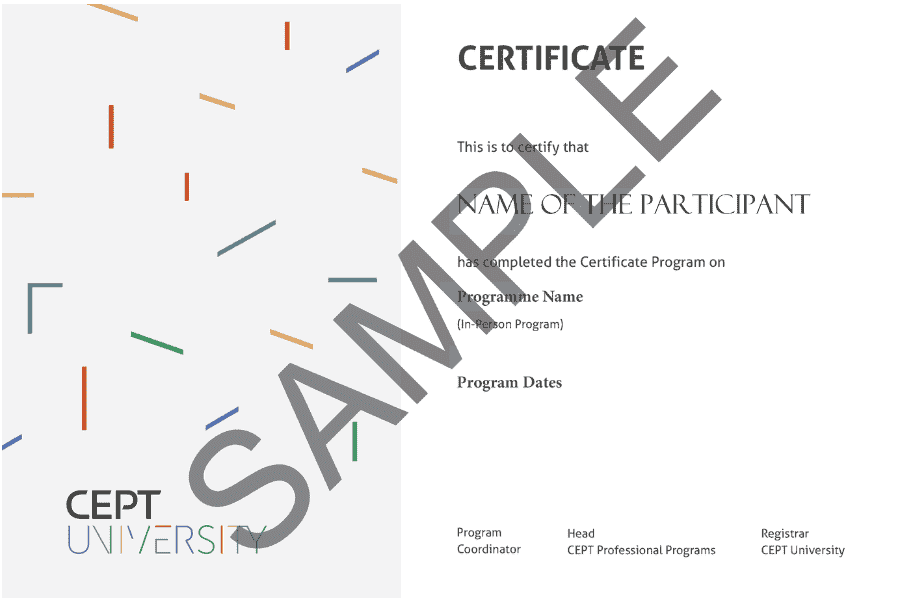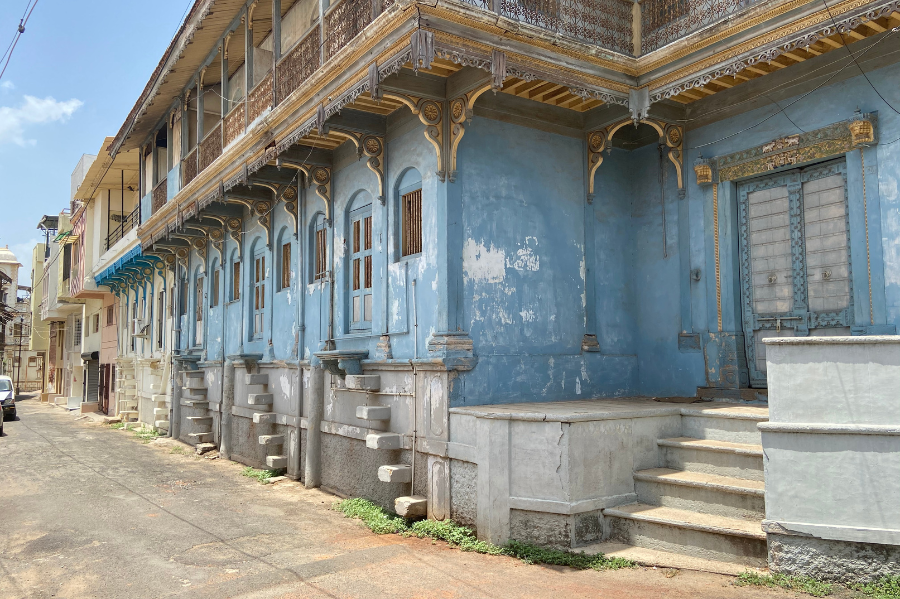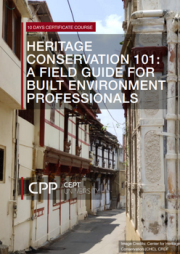- 12 Feb 2023 to 21 Feb 2023
- 48 hours | 10 days
- On-Site + On-Campus
- Certificate of Completion
- INR 85000 + GST
- For Architects, Urban Designers, Project Leads, Urban and Regional Planners, Civil, Infrastructure and Structural Engineers
About
Heritage Conservation has emerged as an important discipline in India in the last few decades and all built environment professionals are expected to have an attitude to heritage places. Architects, Urban designers, Planners and Engineers, engaging with historic cities and heritage places are regularly faced with the challenge of comprehending the discourse of heritage conservation while proposing developmental solutions. This ten-day intense course is designed to respond to this gap in profession, as a comprehensive introduction to diverse heritage places and to well thought out conservation approaches through field visits and expert inputs. The course covers why heritage conservation is significant environmentally, socially, economically and culturally, and what are the specific ways in which it impacts communities. The participants will be exposed to the guiding principles and dilemmas of heritage conservation along with the regulatory environment within which the profession operates. Through engagement with case studies, the course will equip participants to include an attitude to heritage as an integral part of their designing and planning processes. Participants will also be able to apply these learnings to define a clearer scope for heritage conservation within a larger framework of a project.
Program Faculty
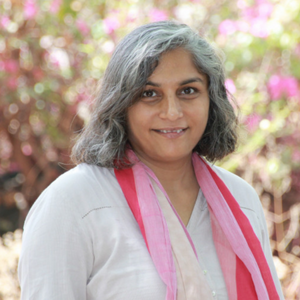
Jigna Desai
Architect and Conservation Expert
Center Head and Principal Researcher at CHC, CRDF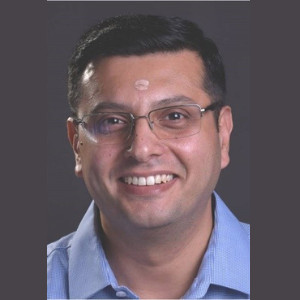
Dr. Arun Menon
Structural Conservation Expert
Professor, IIT Madras and National Centre for Safety of Heritage Structures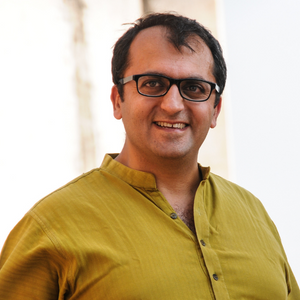
Ratish Nanda
Conservation Architect
India CEO, Aga Khan Trust for Culture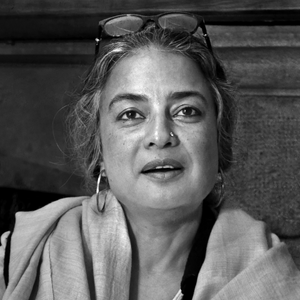
Gurmeet S. Rai
Conservation Architect
Director, Cultural Resource Conservation Initiative (India) Pvt. Ltd.Program Structure
Heritage Conservation 101 is a course intended for built environment professionals, i.e. architects, engineers, urban designers, planners etc. The course will be conducted through case studies of different scales that are curated for their varied scales, diverse approaches, technological challenges, regulatory contexts and their impact on development and design of surrounding areas, be it a campus, settlement, city or a site. Each engagement will be supplemented with similar national and/or international parallels, inputs on regulatory frameworks and ideas/ conventions that influence the thought. Outlined below are the modules.
-
Module 1: Modern Heritage (Module Tutors: Dr. Jigna Desai, Dr. Arun Menon)
Conservation of the FA Building at CEPT University and parts of IIM Ahmedabad present cases of negotiation between modern needs of education and the importance of conserving the origins of the campus. The processes of development on these campuses, the way they have evolved over the years is an important case of contested relationship between continuity and change. The questions, challenges and demands faced by this educational institute are not unique and thus can present lessons for similar situations. The first three days of the course will, through these examples, look into the processes of ‘Master Planning’ that can be well informed by principles of heritage conservation to continue the identity of the place, while responding to new demands. The module will also explore technological challenges of conserving modern materials such as concrete and steel.
-
Module 2: Monumental Heritage (Module Tutors: Dr. Jigna Desai, Ratish Nanda)
Monuments and Archaeological Sites are protected by legislation and have a clear action outlined in the National Conservation Guidelines. They are uniquely crafted and display an architectural sense of the time through principles, techniques and symbolism. Well-crafted historic monuments create unique cultural and economic relationship to the communities. When located in dense areas, they can pose an interesting challenge to questions of architecture, urban design and urban planning. Design challenge for architects, urban designers and planners in such a context is relatively unexplored in India. International examples from the region of Asia and the Pacific, especially from South Asia and Australia will be introduced to give context to such challenges along with an interaction with archaeologists.
-
Module 3: Urban Heritage (Module Tutors: Dr. Jigna Desai, Gurmeet Rai)
Urban heritage, monumental or non-monumental, material or non-material presents the most complex condition of Indian cities that are layered with the expectation of conservation and development. More often than not, they are considered to be an impossible problem for planners. The city poses and exposes the ambivalence of the conservation narratives as well as the limitation of planning tools. Practitioners and experts dealing with such complex sites will be invited for lectures and discussions.
Applications and Admissions
The course is open to Project Leads, Architects (with various expertise), Urban Designers, Urban and Regional Planners and Civil, Infrastructure and Structural Engineers or any other field allied.
Applications are open. To apply to the course, applicants should complete the online form and attach their CV/resume.
Please note that the deadline for this course is indicative. All applications will be considered as they are received and seats will be allotted on first come first serve basis. Admissions will be closed once all seats are full.
Participants will receive a certificate on successful completion of the course after an evaluation.
Sample Certificate
